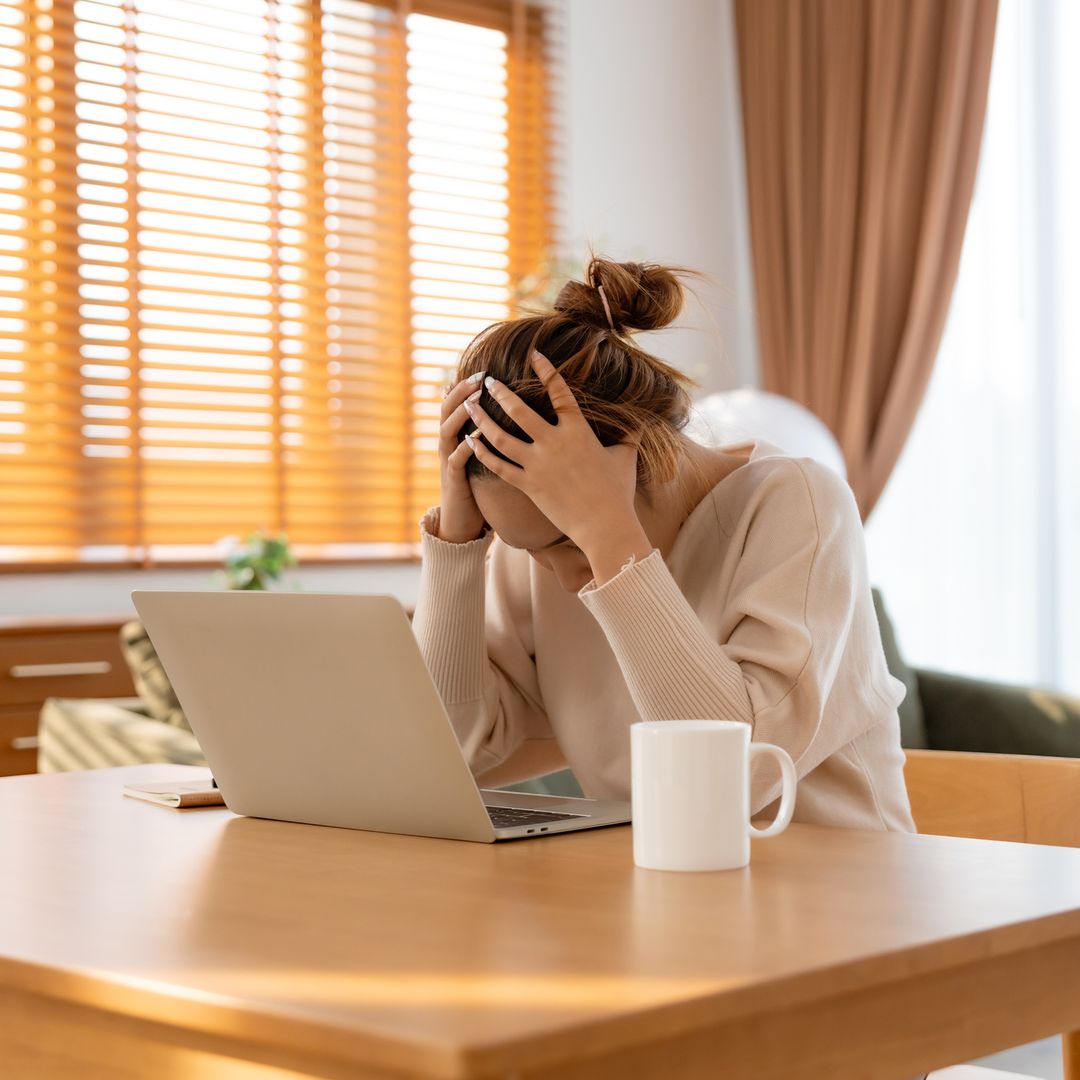The menopause is the reason 900,000 women have quit their jobs. Yep, really. The statistic is one we've been driving home since the launch of our campaign in collaboration with Wellbeing of Women, the Menopause Workplace Pledge, which involves encouraging employers to commit to supporting staff affected by it, and we've come to realise that a lack of knowledge about the phase could be a factor.
SEE: A guide to menopause employment law: menopause leave, existing menopause workplace policies and more
Upon speaking to various organisations, it's come to light that many (male) employers aren't aware of the menopause. They aren't aware of what it is, how it can affect women, and thus how it can affect their work. To that end, we've rounded up everything women want their bosses to know about the menopause. Here's everything they said.
WATCH: Countess of Wessex supports campaign over 'tragic' impact of menopause on working women
The menopause has mental side effects, as well as physical
1. "It's so important for employers to know that fatigue, anxiety, brain fog and memory loss are all pretty common side effects. It's not just hot flushes."
2. "I've started to forget things more frequently, and I don't think my boss believes me when I tell him it's because of the menopause. It's fact."
3. "I truly believe that if my boss was understanding and aware of what I'm going through mentally I'd feel more relaxed, and my mental symptoms wouldn't be so severe."
SEE: 36 symptoms of menopause and how to treat them – expert advice
SEE: Penny Lancaster breaks down as she details menopause and husband Rod Stewart's role - watch
Time is key
4. "Whether it's the fact that I'm struggling to remember something, or just that I'm having the occasional brain fog, I find it often takes me longer to complete tasks. I feel as though I'm not given any leeway, despite my boss being aware of the menopause. If I had more time and less pressure, I'd be able to do the job more effectively."
The menopause can affect productivity at work
It's personal
5. "It's absolutely nothing to be ashamed of, but nor do I want the whole office knowing that I'm bleeding."
6. "It's key for employers to offer a confidential space – whether that's with them, or HR – to discuss what's happening. We probably won't want to chat about it at office drinks."
At the same time, it shouldn't be a taboo
7. "I find the more uncomfortable my boss looks when I bring it up, the more uncomfortable I feel. It doesn’t make sense as I know I shouldn't feel this way, and I think the more my boss knew about it, the less awkward he would be."
The smallest office changes make the world of difference
8. "The hot flushes are the worst for me, and I dread going into the office if I know there's no respite. Having desk fans, air con and cold drinking water (or just one!) available would make it so much easier."
9. "Since working from home, I've recognised that the environment you're in really makes a difference. I've invested in a comfortable chair and can have my windows open at all times – I know the latter might not be possible, but having fans and more comfy seats would be amazing."
MORE: Five foods that can help you through the menopause
There is no definitive end
10. "One of the things my husband finds hardest to grasp, and I think my boss would too, is that women don't know when the menopause will end. I fear my boss would try and put an end date on the 'exceptions' he would make, but it's important they know this isn't possible."
The menopause is different for every woman
11. "My friends and I have had entirely different experiences with the menopause, and employers need to know that there's no one-size-fits-all solution. I don't have hot flushes, but I'm a lot more anxious, while my sister-in-law has hot flushes consistently throughout the day, but has seen no mental change. Employers need to be prepared to adapt, and understand that this is the norm."
It's not a period
12. "I've heard plenty of my friends' husbands compare it to a period, but it's not. The most obvious difference is that a period comes just once a month (if regular), but that's just a scratch on the surface. They need to dissociate the two from one another entirely."
Like this story? Sign up to our newsletter to get other stories like this delivered straight to your inbox.









